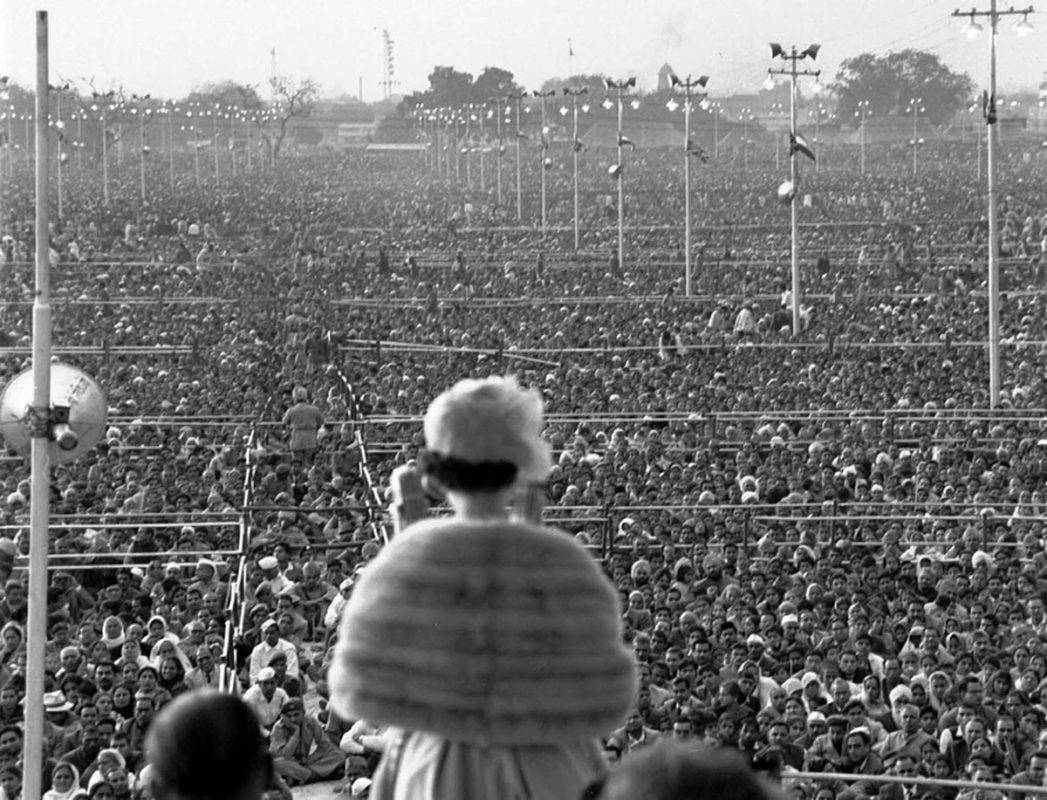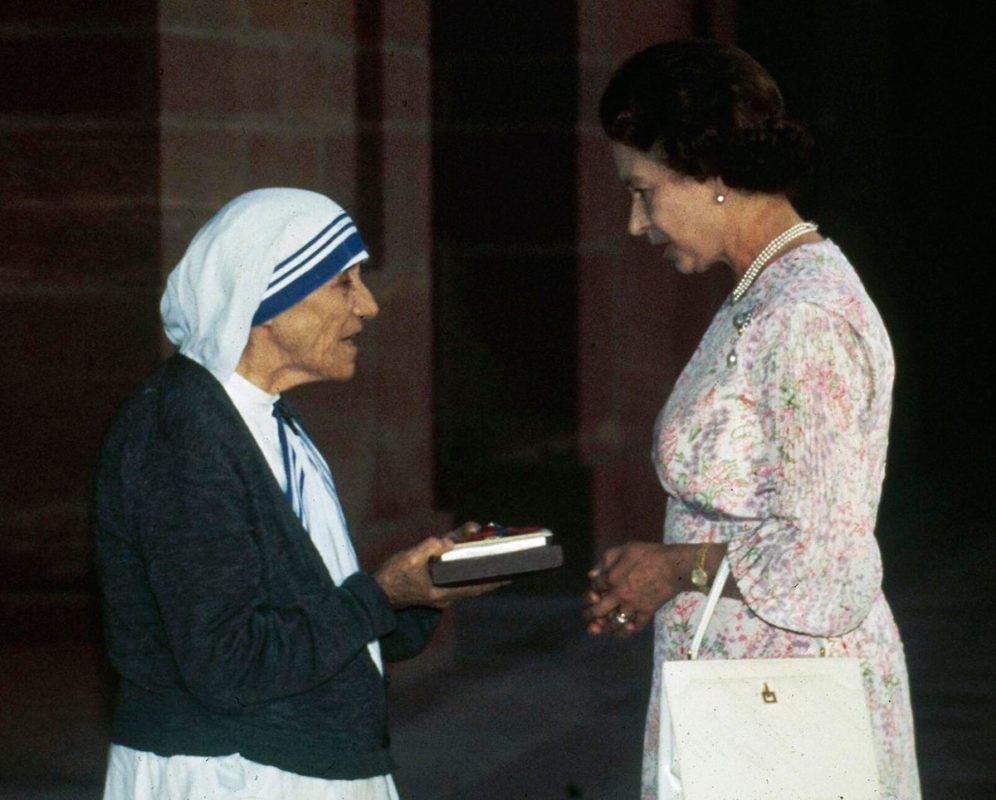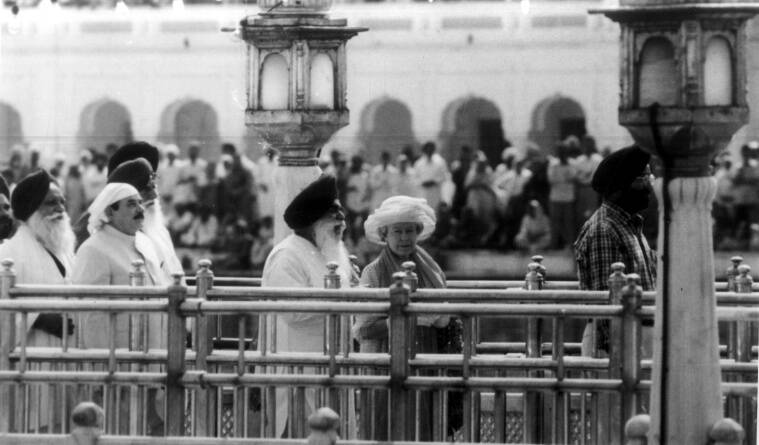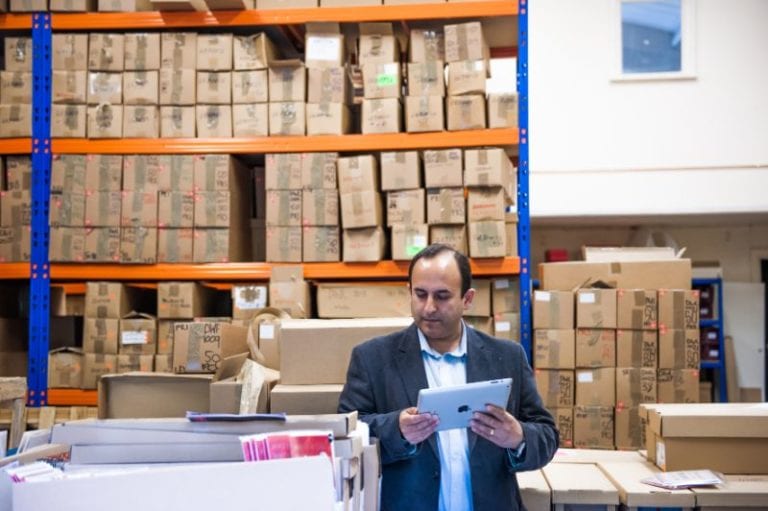On behalf of my family and the Davora team I offer sincere condolences to the Royal Family on the passing of Her Majesty Queen Elizabeth II.
Our Queen has been a figurehead of the UK and the Commonwealth for 70 years. Her strength came from her Christian faith, while she earned much admiration for her respect of other faiths represented at home and across the Commonwealth. Eid, Diwali, Vaisakhi and Passover all got a mention in her 2020 Christmas message.
Referring to the global pandemic, the Queen said ““People of all faiths have been unable to gather as they would wish for their festivals, such as Passover, Easter, Eid and Vaisakhi. But we need life to go on. Last month, fireworks lit up the sky around Windsor, as Hindus, Sikhs and Jains celebrated Diwali, the festival of lights, providing joyous moments of hope and unity – despite social distancing.”
Official State Visits to India
During her reign, the Queen had 3 official state visits to India, the largest member of the Commonwealth representing around 60% of it’s population. The excitement reached fever pitch on these visits, with reports of over 1 million people lining the streets of Delhi to get a glimpse of Her Majesty.
1961: 1st State Visit

Source: rarehistoricalphotos.com
The Queen visited India 14 years after Indian independence from British rule and 9 years after her accession to the throne. She was the first British monarch to visit an Independent India. During this visit the Queen and Prince Philip visited some of the largest cities including Delhi, Bombay, Madras and Calcutta (the last three are now called Bombay, Chennai, Kolkata respectively. India has been progressively changing city names back to their original pre-British rule names).
She also visited The Taj Mahal in Agra and she was guest of honour at the annual 26th January Republic Day parade. There’s a fascinating insight into the Queen’s first visit to India in this British Pathe video:
1983: 2nd State Visit
It was more than 20 years before the Queen visited India again. The 1983 visit coincided with the Commonwealth Heads of Government Meeting, hosted by the Indian Prime Minister Indira Gandhi.
The highlight of this visit was the awarding of an honorary Order Of Merit by The Queen to Mother Teresa of Calcutta.

1997: 3rd State Visit
The Queen and Prince Philip’s last visit to India was in 1997 to commemorate the 50th anniversary (Golden jubilee) of Indian independence. According to online newspaper The Hindu, the Queen had a desire to see the oldest Jewish settlement in India in the port city of Kochi based in South India. She visited the Synagogue there with her sister Margaret.
This tour was also notable for the visit by the royals to the Golden Temple and Jallianwala Bagh in Amritsar, the site of the 1919 massacre by British General Reginald Dwyer. “It is no secret that there have been some difficult episodes in our past. Jallianwala Bagh is a distressing example” the Queen said during her state banquet address, stopping short of the much called for formal apology.

Source: Indian Express
Official State Visits to Pakistan
The Queen visited Pakistan in 1961 and 1997.
1961: First state visit to Pakistan
Following the visit to India the Queen and Duke of Edinburgh continued their tour of the sub-continent with a visit to Pakistan. Still a new country, Pakistan welcomed the Royals in glorious style with 16 days of celebrations, sightseeing and engagements. The tour included a visit to the tomb of Pakistan founder Muhammad Ali Jinnah and also a trip to Shalimar Gardens in Lahore. Shalimar Gardens is a tourist attraction dating back to the Mughal era and was created by Emperor Shah Jahan, who also created the Taj Mahal. The Queen and Duke of Edinburgh’s love of horses is well known, and so to their delight Prince Philip got to play Polo and they watched the national horse show.
1997 : Second state visit to Pakistan
In 1997 The Queen visited Pakistan again for the 50th Anniversary of independence. They stayed for six days this time with her husband Prince Philip. Along with the Jubilee celebrations, this visit aimed to bolster relations between Pakistan and Britain. She opened a new commercial block at the British High Commission, “a manifestation of the desire of the British government to further promote its commercial and economic relations with Pakistan”, according to the Queen’s Press Secretary.
Read more about Queen Elizabeth II visit to Pakistan
At a royal banquet during the visit held by President Leghari an investiture ceremony was held during which the Queen was conferred the highest civil award, Nishan-i-Pakistan, and the Duke was awarded the Nishan-i-Imtiaz. President Leghari and Prime Minister Sharif were in turn awarded with the Knight Grand Cross of the Order of the Bath (GCB) and Knight Grand Cross of the Order of Saint Michael and Saint George (GCMG), respectively. During her address the queen said of Pakistan ““I am confident in its future, and wish Pakistan well in its next fifty years.”
Queen Elizabeth II and the Jewish Community
As she did with all communities across Britain, Queen Elizabeth II had a strong relationship with the Jewish community too. There have been many tributes to the Queen and many have remembered the great work she did with the community along with Prince Philip.
“She was truly respectful of all her subjects, keen to meet religious leaders and showed a real interest in Jewish traditions and customs.” said Baroness Ros Altmann the Tory Peer and former minister.
Chief Rabbi of the United Hebrew Congregations of the Commonwealth Ephraim Mirvis said “The Queen embodied the most noble values of British society. Throughout her extraordinary reign she conducted herself with grace, dignity and humility, and was a global role model for distinguished leadership and selfless devotion to society. In an ever-changing world, she was a rock of stability and a champion of timeless values.”
While the passing of The Queen is a sad occasion, I hope her values and openness to all faiths and cultures serve as a timeless role model for future generations.


